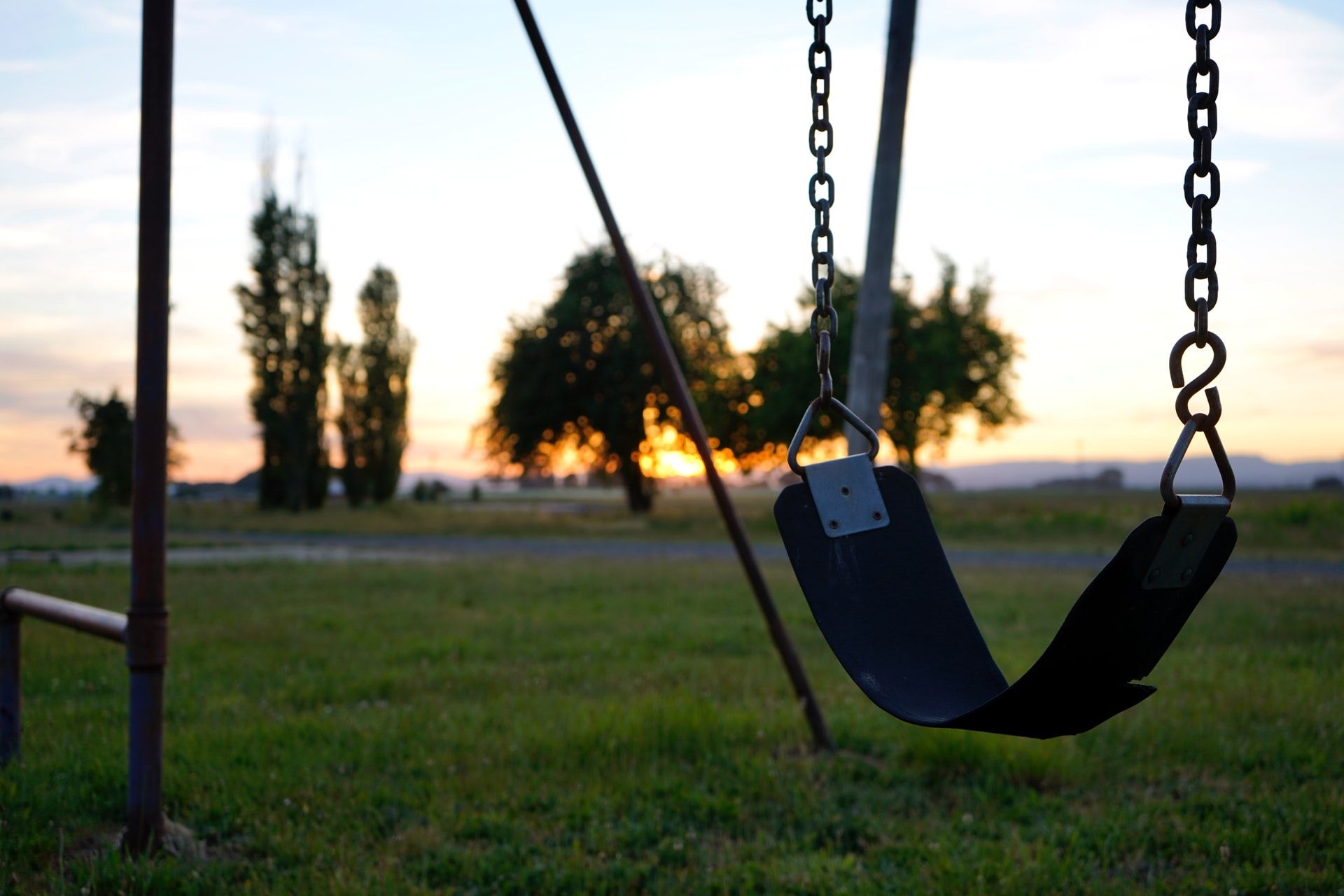
What to Expect When a Child is Charged With a Crime
One of the worst things a parent wants to experience with a child is the criminal justice system. Fortunately, the courts have a very different process for juvenile criminal defendants than adults. The juvenile system is built upon the idea of rehabilitation. The Court often considers and, in my experience, generally prefers probationary options for juvenile defendants. Because of this, the juvenile system tends to be more collaborative. The parties involved in a case are much less likely to simply be the state and defendant. The Court will likely involve the juvenile’s parents and possibly counselors, school officials, etc.; there will also be an intake and/or probation officer.
The juvenile defendant still has certain rights and will be given the opportunity to challenge the charges. While juvenile defendants do have most of the same rights as adult criminal defendants, one notable exception is the right to a jury trial. This means that the Judge will likely be determining the outcome of the case. When a juvenile is taken into custody, he or she has a right to a detention hearing within 72 hours. If the juvenile remains in custody then an adjudication is generally required to be held within fourteen days. The adjudication hearing is essentially the trial in the juvenile court setting.
If the allegations against your child are false, of course, you will likely want to fight and make a strong defense. But it is also important to understand the benefits of being proactive in the rehabilitative process. This is where knowledge of the juvenile system can be particularly helpful.
